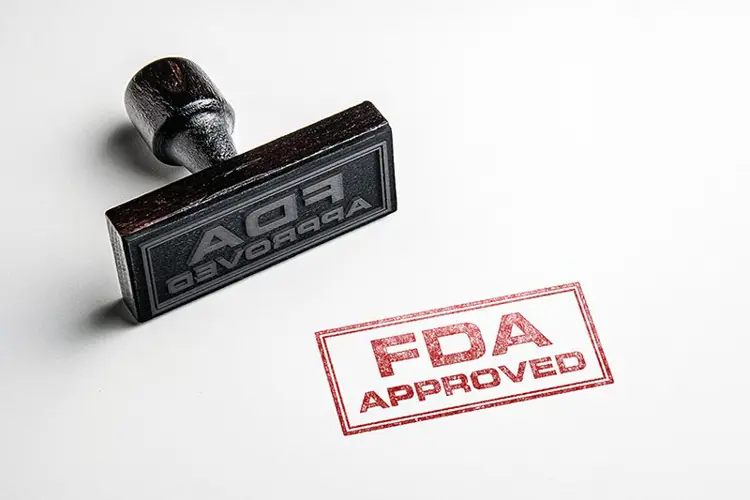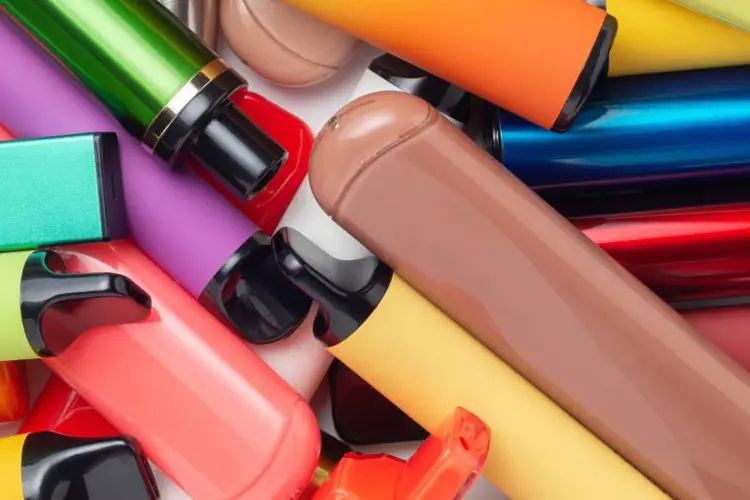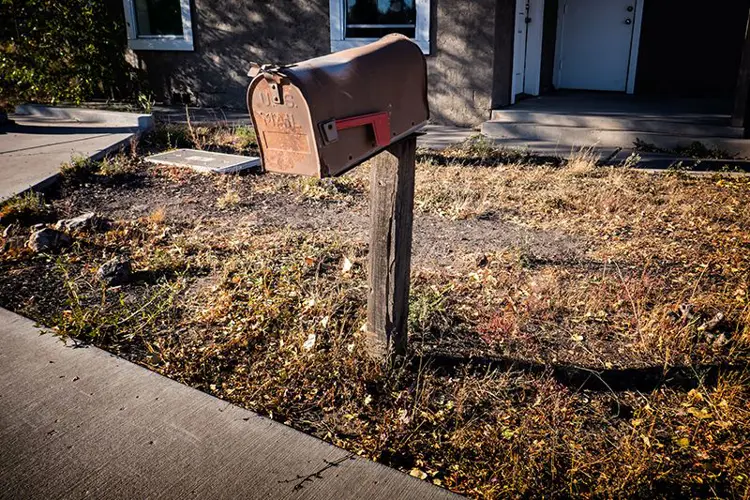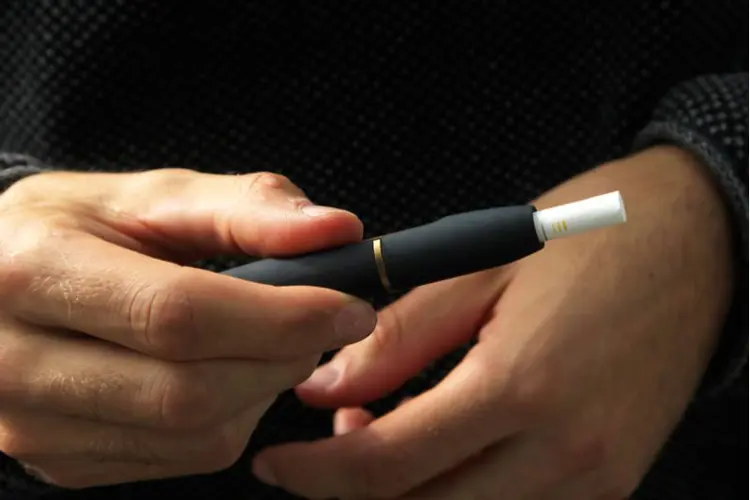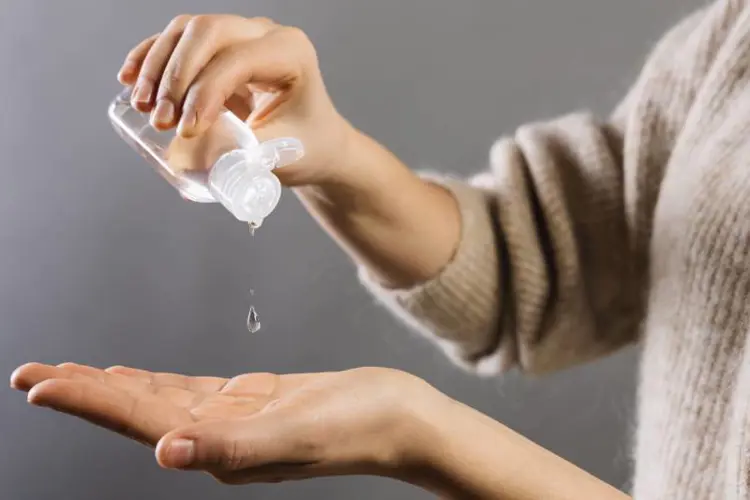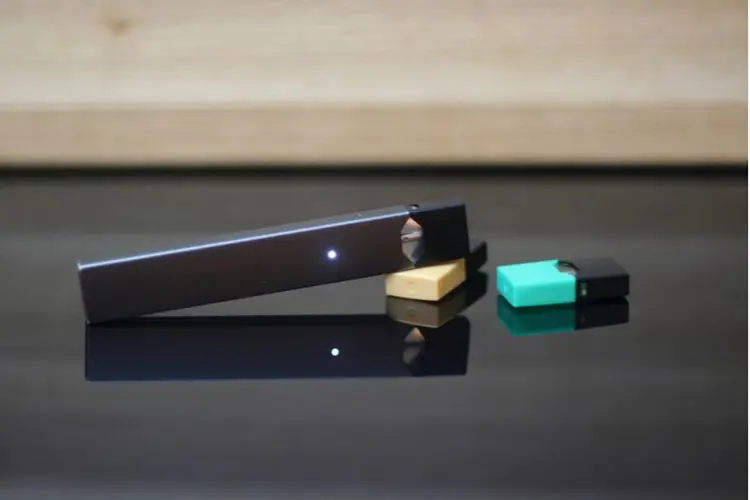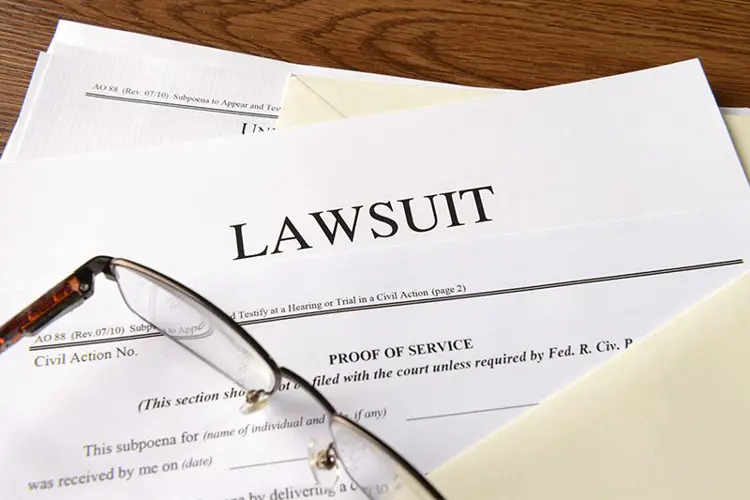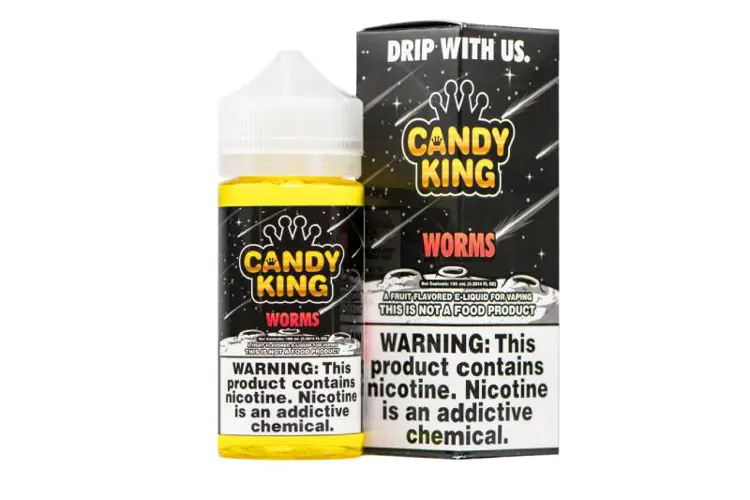It's about time...
The FDA will allow vape shops to change coils, assemble kits, troubleshoot a vape pen, or refill tanks on site for customers without being designated tobacco products manufacturers under the deeming regulations.
The federal agency has just issued guidance on the rule, for the first time spelling out in plain English what activities are allowed in retail stores. Since the deeming regulations were published, business owners have tried repeatedly to get such clarifications.
Many vapor retailers have interpreted the regulations to include prohibition of basic customer service activities
The deeming rule was issued last May, and took effect on August 8, 2016. According to the FDA, any retail business that "creates or modifies" one of the newly deemed "tobacco products" (including all e-cigarettes and your favorite e-liquid) is considered a manufacturer, and is required to register as a manufacturer and list all products they sell, submit health documents to the agency, report ingredient lists, and report harmful and potentially harmful constituents (HPHC's). Additionally, manufacturers are required to submit premarket tobacco applications (PMTA's) for all products they create or modify.
Many vapor retailers have interpreted the regulations to include prohibition of basic customer service activities like changing coils, assembling a device from a kit for a new vaper, performing simple repairs, or explaining product functions. The FDA has avoided explaining exactly what is allowed during several online webinars, and in phone calls and e-mails with shop owners.
What's changed?
The following activities can be done without qualifying a vape shop as a manufacturer:
- "Demonstrating or explaining the use of an ENDS product without assembling the product"
- "Maintaining an ENDS product by cleaning or tightening fixtures (e.g., screws)"
- "Replacing coils in an ENDS product with identical coils (e.g., same ohm and wattage rating)"
- "Assembling a final product from the components and parts packaged together in an ENDS kit"
Additionally, the FDA says it will not enforce some activities that it does classify as "modifying" deemed products. According to its announcement, the FDA "does not intend to enforce the five requirements listed above for these vape shops if, generally speaking, all modifications are consistent with the conditions of the FDA marketing authorization (MA) or if the original manufacturer provides specifications and all modifications made are consistent with those specifications."
Examples of modifications the FDA will now allow include:
- "Refilling an open system ENDS if no further modifications are made to the device or to the e-liquid before, during or after the refill that are outside the FDA marketing authorization (MA) order"
- "Refilling an open ENDS system if no further modifications are made to the device or the e-liquid before, during or after the refill that – if there is no MA order – are inconsistent with the manufacturer’s specifications"
In other words, they will allow shops to help a customer refill a tank, as long as no modifications are made to the device aside from what is recommended by the manufacturer (either in a marketing order or in printed directions).
They specifically explain that replacing coils with anything other than stock coils designed for a particular atomizer is prohibited. So, no building by shop employees for customers is allowed at all. Filling a closed-system device is also specifically prohibited. So if you're an expert at hacking aJuul or similar pod vapes, for example, don't do it for customers in your store.
Public comments being accepted
The publication of the new draft guidance also opens a brief window for public comment. All retailers and customers of vape shops can offer specific criticism or advice on how the deeming rule affects transactions in vape shops. Comments can be made at the Regulations.gov site, under Docket No. FDA-2017-D-0120
The draft guidance closely follows two deadlines for manufacturers being postponed by the FDA. The due date for manufacturers to register with the agency was pushed back from December 31, 2016 to June 30, 2017. Soon after that, the FDA also delayed the deadline for submitting ingredient listings from Feb. 8 to Aug. 8, 2017. We have updated our deeming timeline to show the new dates for all required actions.
Finally, the agency announces in this document that it will not enforce the requirement that all tobacco products "include an accurate statement of the percentage of foreign and domestic-grown tobacco used in the products." What a relief.
The Freemax REXA PRO and REXA SMART are highly advanced pod vapes, offering seemingly endless features, beautiful touchscreens, and new DUOMAX pods.
The OXVA XLIM Pro 2 DNA is powered by a custom-made Evolv DNA chipset, offering a Replay function and dry hit protection. Read our review to find out more.
The SKE Bar is a 2 mL replaceable pod vape with a 500 mAh battery, a 1.2-ohm mesh coil, and 35 flavors to choose from in 2% nicotine.
Because of declining cigarette sales, state governments in the U.S. and countries around the world are looking to vapor products as a new source of tax revenue.
The legal age to buy e-cigarettes and other vaping products varies around the world. The United States recently changed the legal minimum sales age to 21.
A list of vaping product flavor bans and online sales bans in the United States, and sales and possession bans in other countries.

